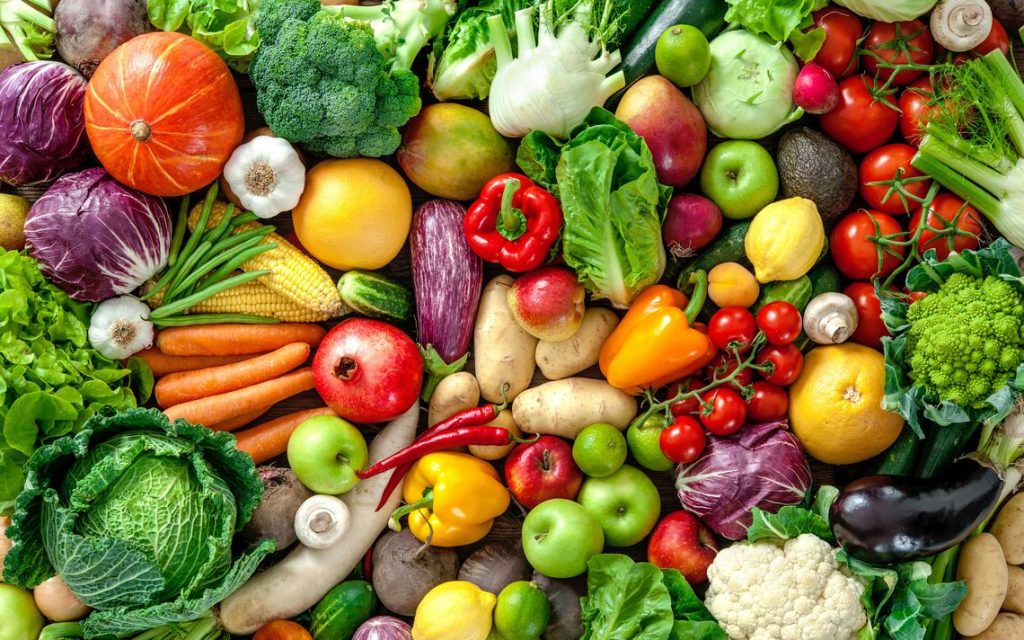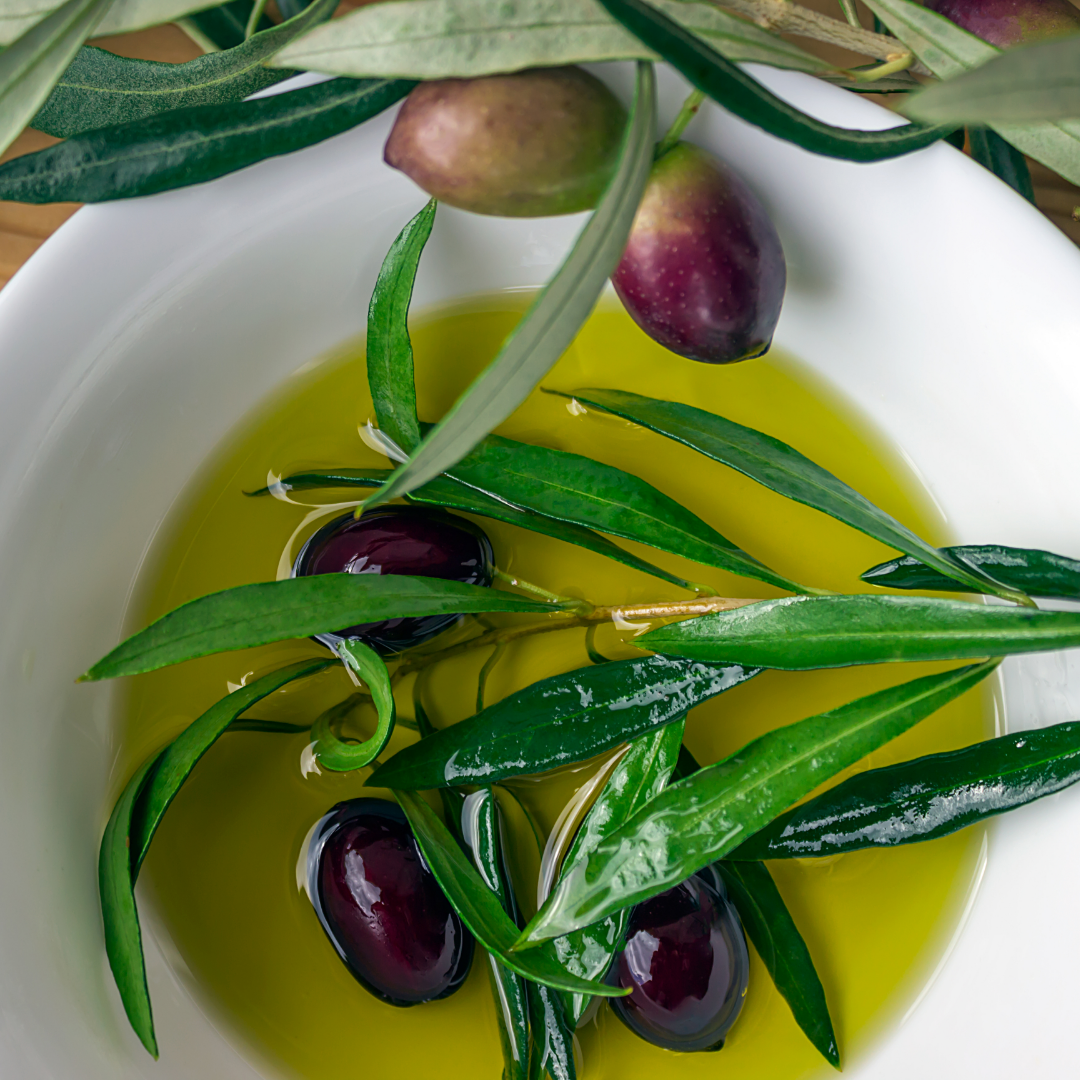
Thu 13 February 2020
Local News | The Mediterranean diet Pro’s and Pro’s
The Mediterranean diet Pro’s and Pro’s.
February 13, 2020
The Mediterranean diet. Pro’s and Pro’s.
“The food you eat can be either the safest and most powerful form of medicine or the slowest form of poison” Ann Wigmore
Fact: The U.S. News and World Report ranked the Mediterranean diet Number 1 on its 2019 Best Diets List. https://www.usnews.com/info/blogs/press-room/articles/2019-01-02/us-news-reveals-best-diets-rankings-for-2019
The so called “Mediterranean diet” has long been lauded as the best diet to follow. However, lets give it a better name; The Mediterranean Eating pattern. This is no exact science or calorie counting ritual. Neither is there an exact regimen to follow. This is a better way of eating with physical and mental health benefits.
We often hear from our buyers that they are moving to the Costa Blanca for the all year round sunshine and a new healthy way of living.

There is nothing complicated about it. It is all about simple, fresh produce.
The most important rule of the Mediterranean eating pattern is that processed foods are OUT. They are high in refined sugars and carbohydrates and unhealthy fats. Think “white food” like chips, cakes, biscuits, white bread and rice and ready meals.
“About eighty percent of the food on shelves of supermarkets today didn’t exist 100 years ago.” Larry McCleary
To follow the Mediterranean eating pattern your diet should be mostly made up of vegetables, fruit, nuts, seeds, fish, poultry and liberal olive oil. Red meat is present but only once or twice a week. Alcohol in moderation too, a glass or two of red wine could actually be good for you.

All studies show conclusively that there are huge and undeniable health benefits.
- Reduced risk of heart disease. Convincing evidence comes from a randomized clinical trial published in April 2013 in the New England Journal of Medicine. The PREDIMED study. (4) For about five years, authors followed 7,000 women and men in Spain who had type 2 diabetes or a high risk for cardiovascular disease. Those who ate a calorie-unrestricted Mediterranean diet with extra-virgin olive oil or nuts had a 30 percent lower risk of heart events.
- Reduced risk of strokes in women. We already know from the PREDIMED study that eating in a Mediterranean fashion can help lower the risk of cardiovascular disease in some people. Well, the diet may also help reduce stroke risk in women, though researchers didn’t observe the same results in men, according to a cohort study published in September 2018 in the journal Stroke. (6) of strokes in women (ref September 2018 Journal “Stroke”)
- Helps to prevent Cognitive Decline and Altzeimer’s Disease. As a heart-healthy diet, the Mediterranean eating pattern may also help to reduce a decline in your memory and thinking skills with age. “The brain is a very hungry organ. To supply all of those nutrients and oxygen [that it needs], you have to have a rich blood supply. So, people who are having any problems with their vascular health — their blood vessels — are really at increased risk for developing problems with their brain, and then that frequently will present itself as cognitive decline,” says Keith Fargo, PhD, director of scientific programs and outreach for the Alzheimer’s Association.
- Helps with weight loss and maintenance. Over a five-year period, eating a calorie-unrestricted Mediterranean diet high in unsaturated vegetable fat led to slightly more weight loss and added less to participants’ waist circumferences than a low-fat diet, according to an analysis of the Spanish PREDIMED trial data that was published in August 2016 in the journal The Lancet: Diabetes and Endocrinology. (10) Particularly, people who added extra-virgin olive oil to their diets lost the most weight — 0.88 kilograms (kg), or 1.9 pounds (lbs) on average. Those who added nuts lost 0.4 kg on average (0.88 lbs), and those in the control group who ate a low-fat diet lost 0.6 kg (1.3 lbs).
- May help stave off and manage Type 2 Diabetes. Using participants from the PREDIMED study, researchers randomized a subgroup of 418 people ages 55 to 80 without diabetes and followed up with them after four years to see if they had developed the disease. The results were published in the journal Diabetes Care. (12) Those participants who followed the Mediterranean diet, whether supplementing with olive oil or nuts, had a 52 percent lower risk for type 2 diabetes during the four year follow-up, and they didn’t necessarily lose weight or exercise more.
- Benefits for people with rheumatoid arthritis. Rheumatoid arthritis (RA) is an autoimmune disease in which the body’s immune system mistakenly attacks the joints, creating pain and swelling in and around them. (14) Certain properties of the Mediterranean diet, including its richness in anti-inflammatory omega-3 fatty acids, may help relieve RA symptoms.
- Almost certainly helps reduce the risk of cancer. A meta-analysis and review of 83 studies published in October 2017 in the journal Nutrients suggested the Mediterranean diet may help reduce the risk of cancers such as breast cancer and colorectal cancer, and help prevent cancer-related death. (17) “These observed beneficial effects are mainly driven by higher intakes of fruits, vegetables, and whole grains,”
- Helps to ease depression and aids mental health. The Mediterranean way of eating is linked to lower incidence of depression, according to an analysis of 41 observational studies published in September 2018 in the journal Molecular Psychiatry. (19) Analysis of pooled data from four longitudinal studies revealed that the diet was associated with a 33 percent reduced risk of depression, compared with following a “pro-inflammatory diet” (richer in processed meats, sugar, and trans fats) that is more typical of a standard Western diet.
The evidence is clear. The sooner we stop processing food and start using only fresh and colourful ingredients, the sooner we can all reap the rewards. Living here in Spain, there are no excuses. The fresh produce markets are in every town, hence there is no shortage of all the things you need to eat yourself healthy.

Buen provecho



